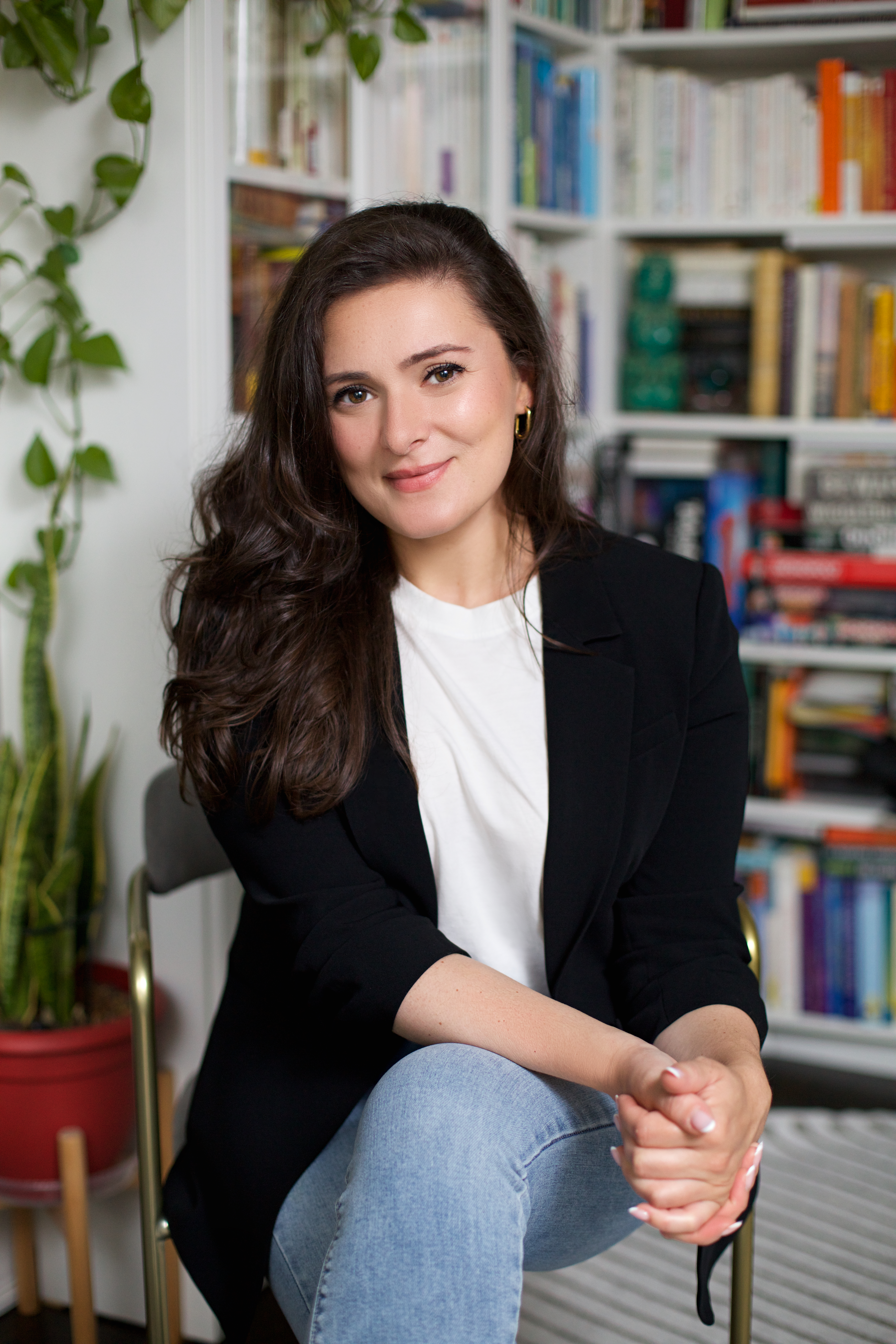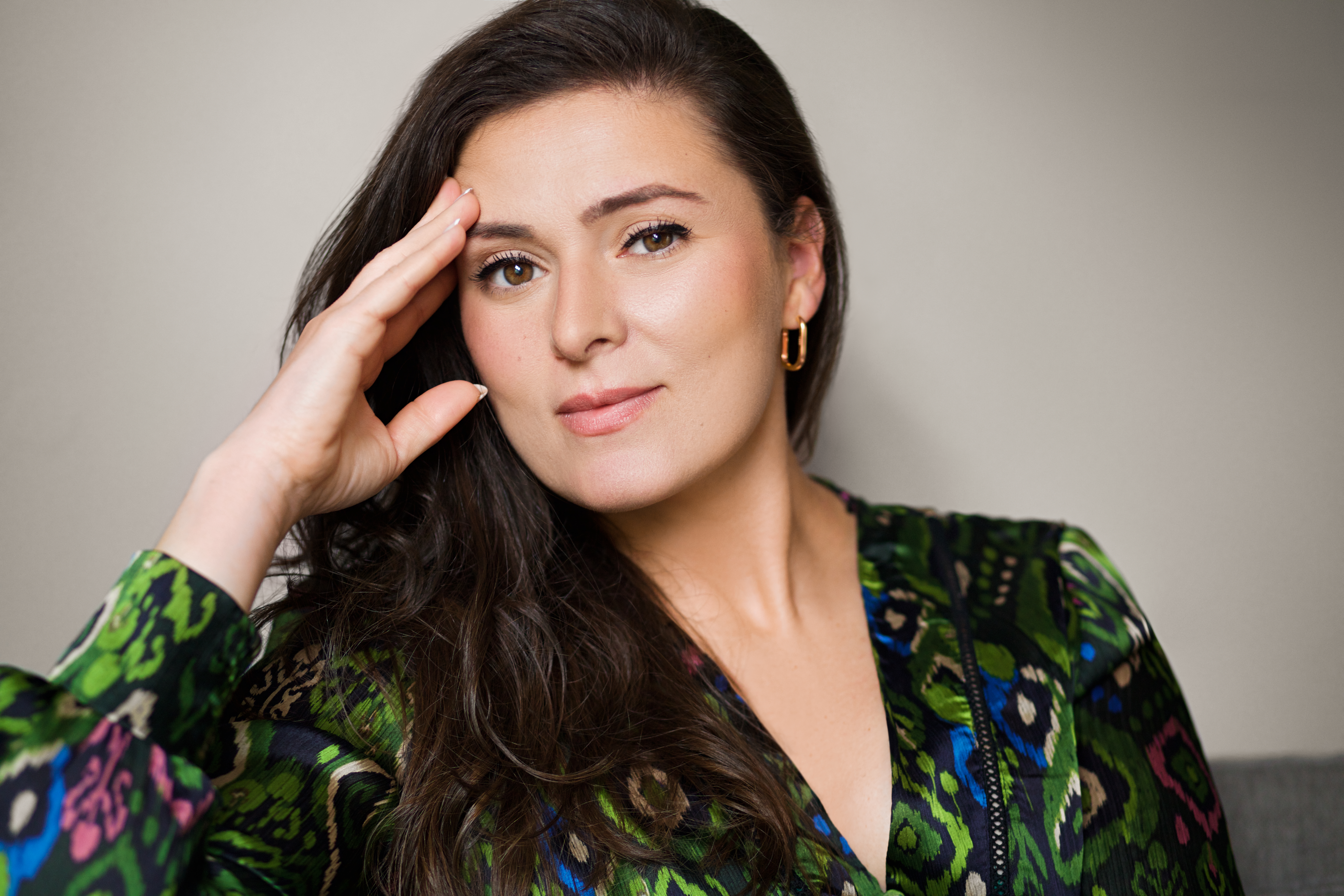Dr. Victoria Grinman | Source | Growing Kind Minds LLC

Dr. Victoria Grinman
Dr. Victoria Grinman, PhD, LCSW-R, is a psychotherapist, international speaker, and mentor to therapists and business leaders. With over 20 years of experience across private practice, academia, and global training platforms, she supports individuals and professionals in moving through challenge into sustainable, values-driven growth. She is the founder of Growing Kind Minds and The Round Table, a mentorship community for therapists and purpose-led entrepreneurs.
Victoria is known for her integrative expertise in posttraumatic growth, neurodiversity, and relational wellness. She is a dual-licensed clinician (NY and MA), and the author of a chapter in The Routledge International Handbook of Posttraumatic Growth. Her work is guided by a belief that emotional sustainability, clarity, and self-leadership are the real markers of success—and that we can design practices and lives that support our purpose and our wellbeing.
-
Understanding the Honeymoon Phase: Insights from Dr. Victoria Grinman
Dr. Grinman describes the honeymoon phase as a period of "infatuation and idealization," lasting from months to two years. It ends when partners see each other fully, marking the start of true intimacy. While infatuation fades, curiosity and appreciation can keep the spirit alive. Post-honeymoon, relationships deepen into real love, integrating joy and challenge. -
Spring Cleaning: A Path to Mental Clarity and Better Sleep
Dr. Grinman explains that spring cleaning reduces clutter and provides an energetic reset, promoting calm and clarity. By organizing spaces, we create cues for safety and rest, enhancing sleep quality. This process elevates mood by restoring self-agency and reconnecting with personal values, ultimately shifting our outlook and opening emotional space for new possibilities. -
Supporting Fathers: A Key to Healthier Future Generations
Dr. Grinman emphasizes the need to "normalize emotional expression in men" and reduce stigma around paternal vulnerability. She suggests expanding mental health screenings to include fathers and creating male-focused parent groups. By shifting societal narratives and providing culturally attuned interventions, we can better support fathers, ultimately improving children's emotional and behavioral outcomes.

